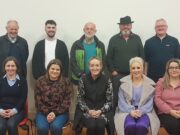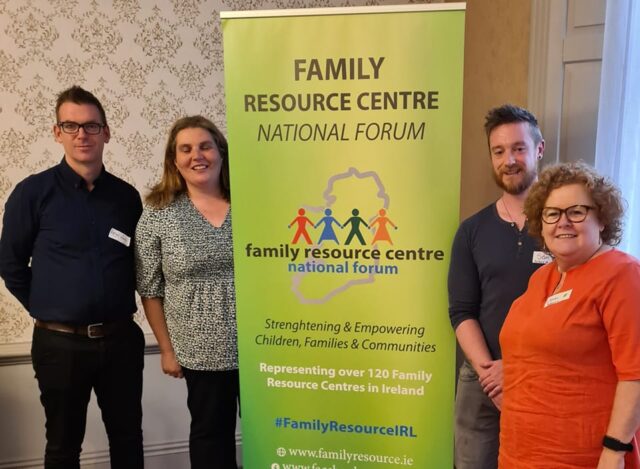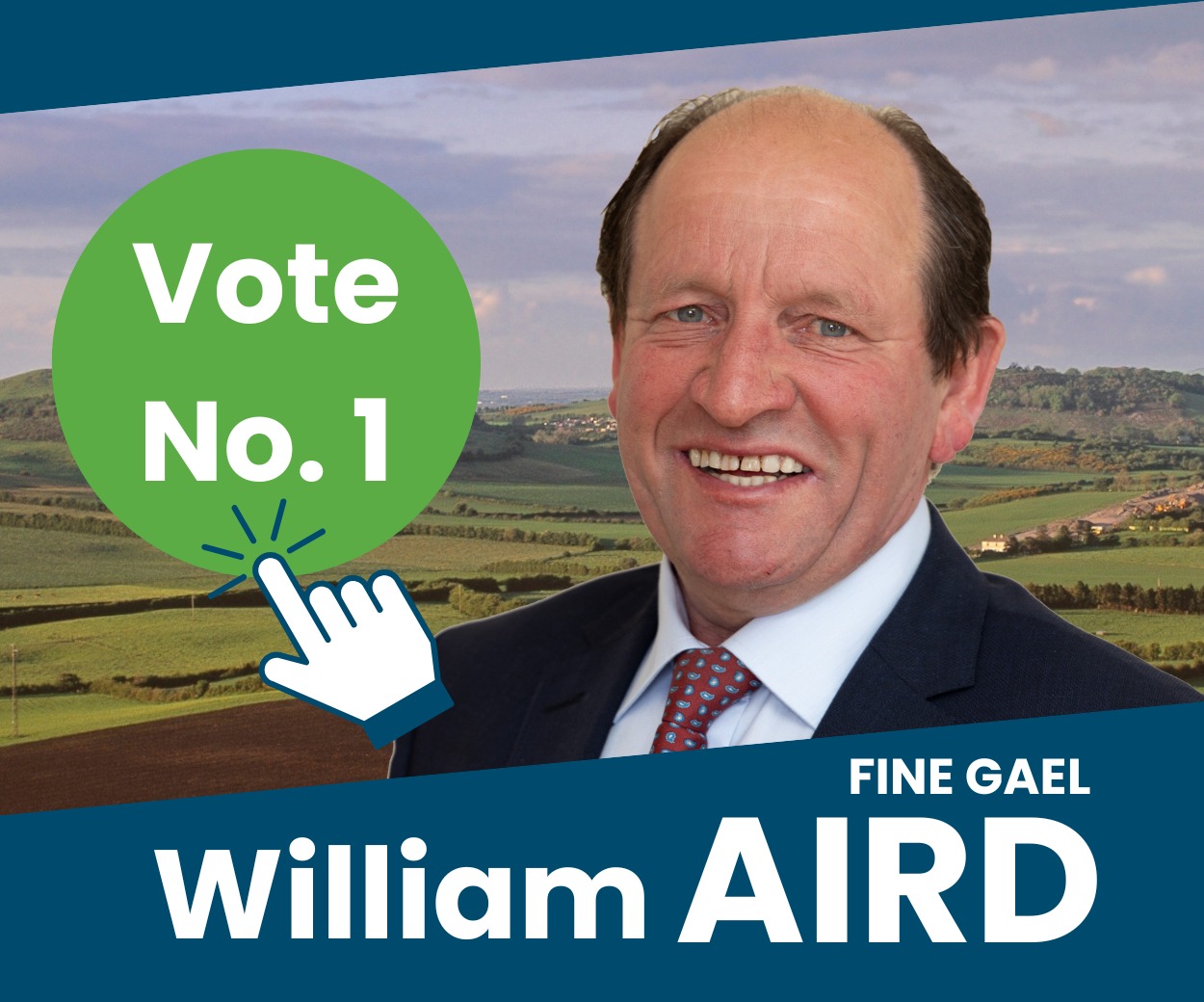Are you spending more on gambling than you can afford? Are you having to borrow from friends and family to sustain it?
If so, you are probably one of the estimated 130,000 people in Ireland who are classified as ‘problem gamblers’.
The good news is that help is available to tackle the issue right here in Laois.
In the Portlaoise Family Resource Centre on Harpur’s Lane, Portlaoise Problem Gambling Support has been established.
Under the lead of Sean Gorman, Gambling Support Worker and Counsellor, they providing one-to-one and group support for problem gamblers as well as their families and friends.
According to Sean, the service is now in its third year in Portlaoise as part of a pilot programme.
He said: “In our sessions, we cover anything from counselling for gambling, what drives the gambling, and also direct them for services for debt management – help to clear up the nasty after effects of problem gambling.
“In family support, we are working on trying to rebuild relationships and trusts – so there is so much more than just the surface area of problem gambling.”
Figures published by the group for the first quarter of 2024 show how frequently this service is being used across the country.
At the moment, Sean is seeing 16 clients over three times a week.
The number of clients supported is double what the figure was at the same stage last year. This is because more people are becoming aware of the service being available.

Nationally, 164 people used Problem Gambling Support with 735 sessions delivered to both concerned others and people experiencing harmful gambling.
The ratio of males to females is 101:63 with 67% of those attending aged 25-44.
Sean said: “The number of people seeking help has exploded and I had a person recently who said they weren’t aware such a service existed in Laois, until they sought help.
“People know about every other addiction but because this is a such a hidden one and there is a stigma attached to it, it took us longer to get the ball rolling.

“Last year, we covered 417 sessions when we were in two days a week which is incredible.
“They estimate that for every one problem gambler, there estimate there is between six and ten people effected. That is the estimate, it could be much higher.”
How do you know if you are a problem gambler? Sean has a pretty simple criteria.
He said: “Ask yourself, have you ever had to lie about how much you have lost? Or have you ever had to lie about how much you have won?
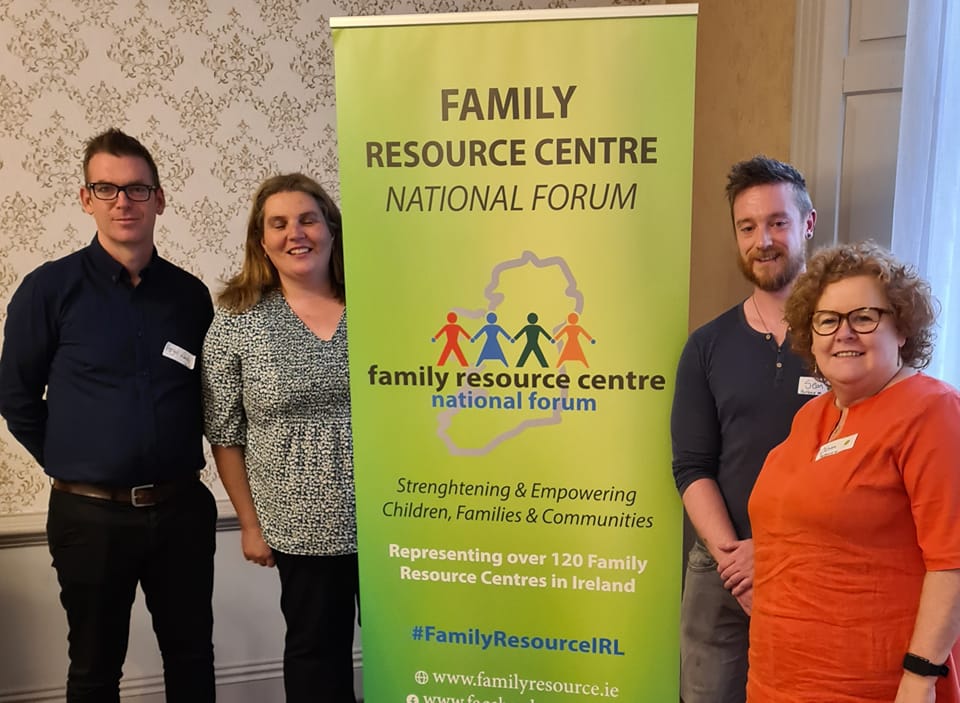
“Once it gets to the point where you feel you have to lie about that or how often you gamble, if you gut instinct is telling you to hold something back – then I think it is a problem.
“It isn’t just the obvious that you are in debt or you default on your mortgage – the problem starts way before that.”
The key message from Sean is that the service that is provided is a safe space.
He said: “I want to hear their side of the story – there is no judgement or expectation – all I want is comfort and honesty.
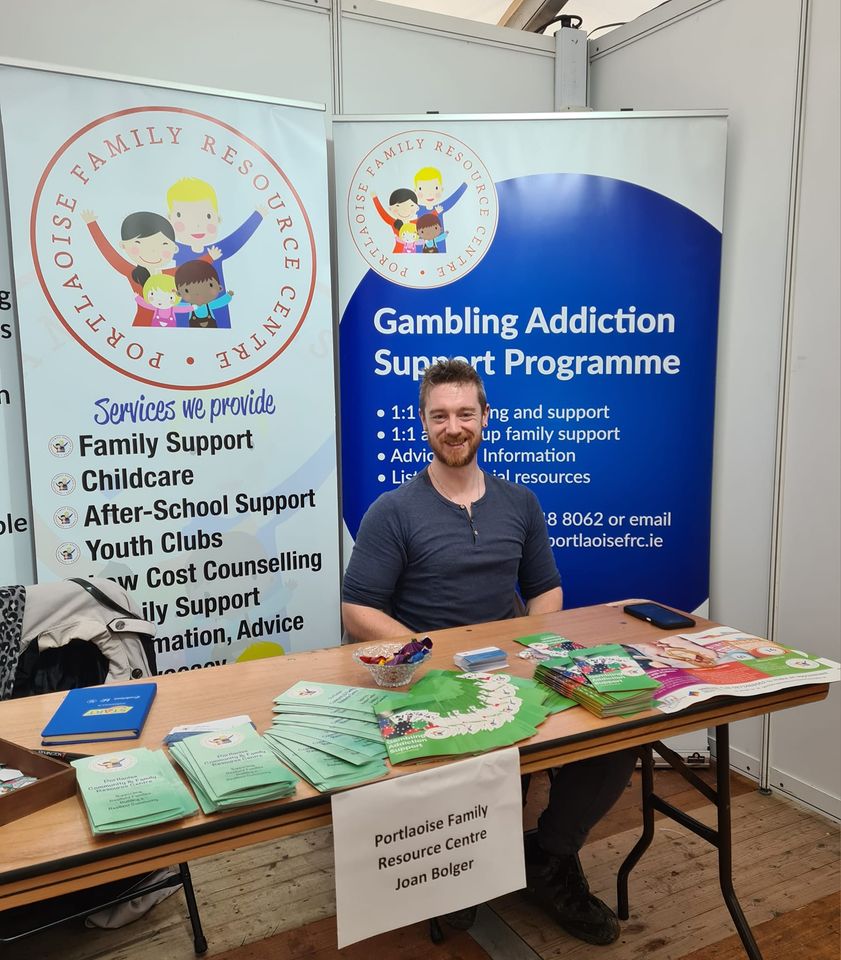
“Whatever problem they come with, we can work together to find a solution in a safe space that is anonymous.
“We get some people who have some really high profile jobs. If someone works in finance or legal areas, we want people to be able to reach out without fear of losing their jobs.”
Joan Bolger is the manager of the Portlaoise Family and Resource Centre where this support group operates.
Sean and herself had a stand at the Ploughing Championships last September and recalled the numbers of people from all over who approached them.

Joan said: “Children, partners, parents and siblings are all impacted by the person experiencing problem gambling.
“They are roaming around, knowing there is an issue, because there is an issue as problem gambling is so hidden.
“But it is not like dealing with other addictions, where a person’s physical demeanour makes it obvious there is an issue. With problem gambling, you could have your house gone and nobody knows until its done.
“We had a stand at the ploughing, and so many farmers and others came to us telling us about their sons or other family members who were impacted by problem gambling.

“For some they were worried about sons who were problem gambling, for others, they didn’t know what to do to get their family members help.
“So we were able to direct them to a service near them, through other Family Resource Centres around the country who are part of the pilot.”
The service that is provided in Portlaoise is free but Sean asks for a donation from those who use it.
He said: “We just ask for a donation – whatever they can afford week to week.
“We feel it is important to do that as it involves some sort of commitment as well. I won’t to know that they are invested and they want to know we are.
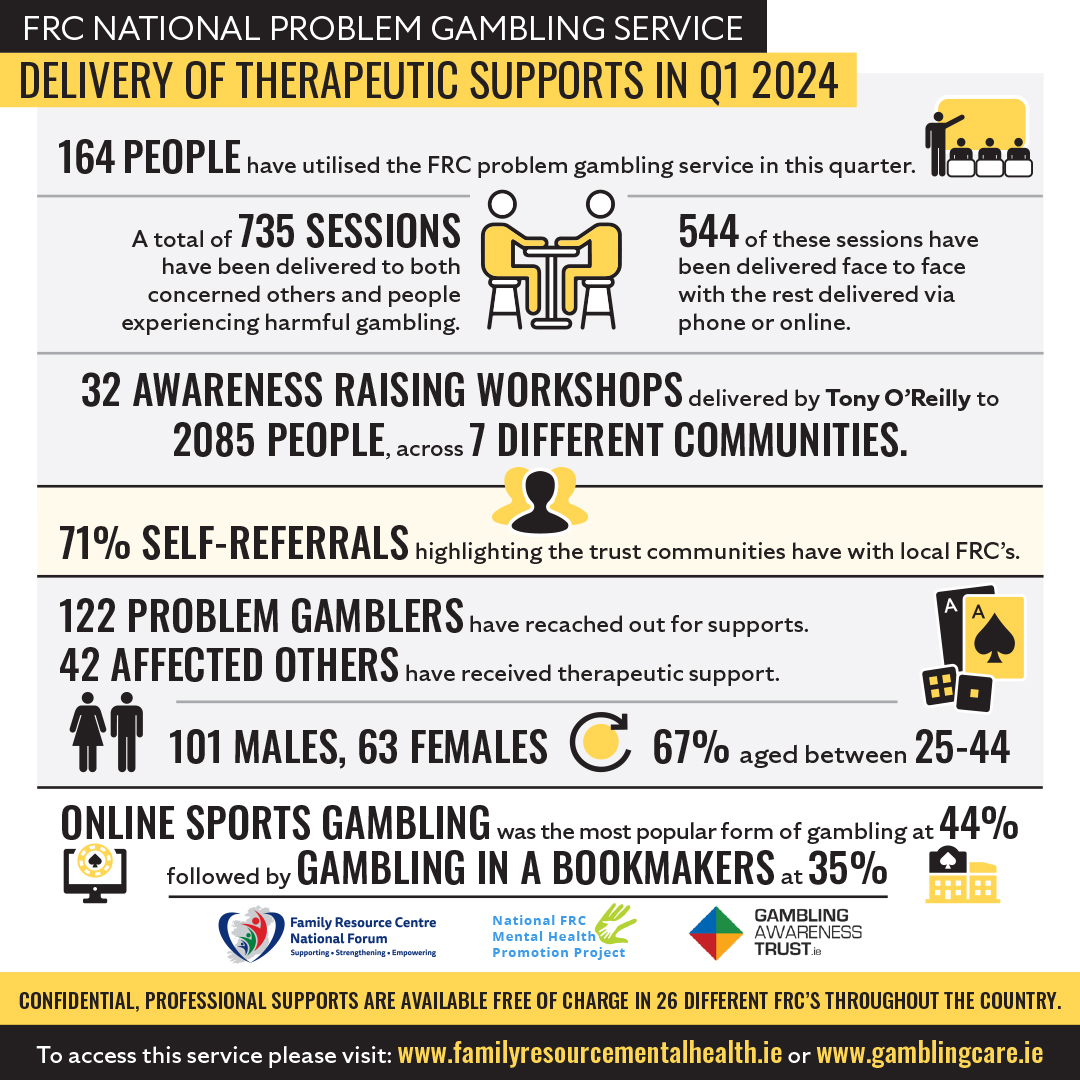
“We don’t turn anyone away who can’t afford to make a donation either. But even if it is €2, it is just demonstrating a commitment.”
Joan said: “The other benefit is because the service is in a Family Resource Centre, it is anonymous. People could be here for anything – to drop a child to creche, to do a course, anything.
“Because Sean is our employee and part of our team, if there are other family support issues, there are other staff here who can also link in and support.
“Vice versa, if we are doing community work, they might identify that there is a need for gambling support for someone, which allows us to create a holistic approach to supporting the person and family.”
Sean said: “There are frightening statistics around this. It is the highest suicide rate of any addiction.
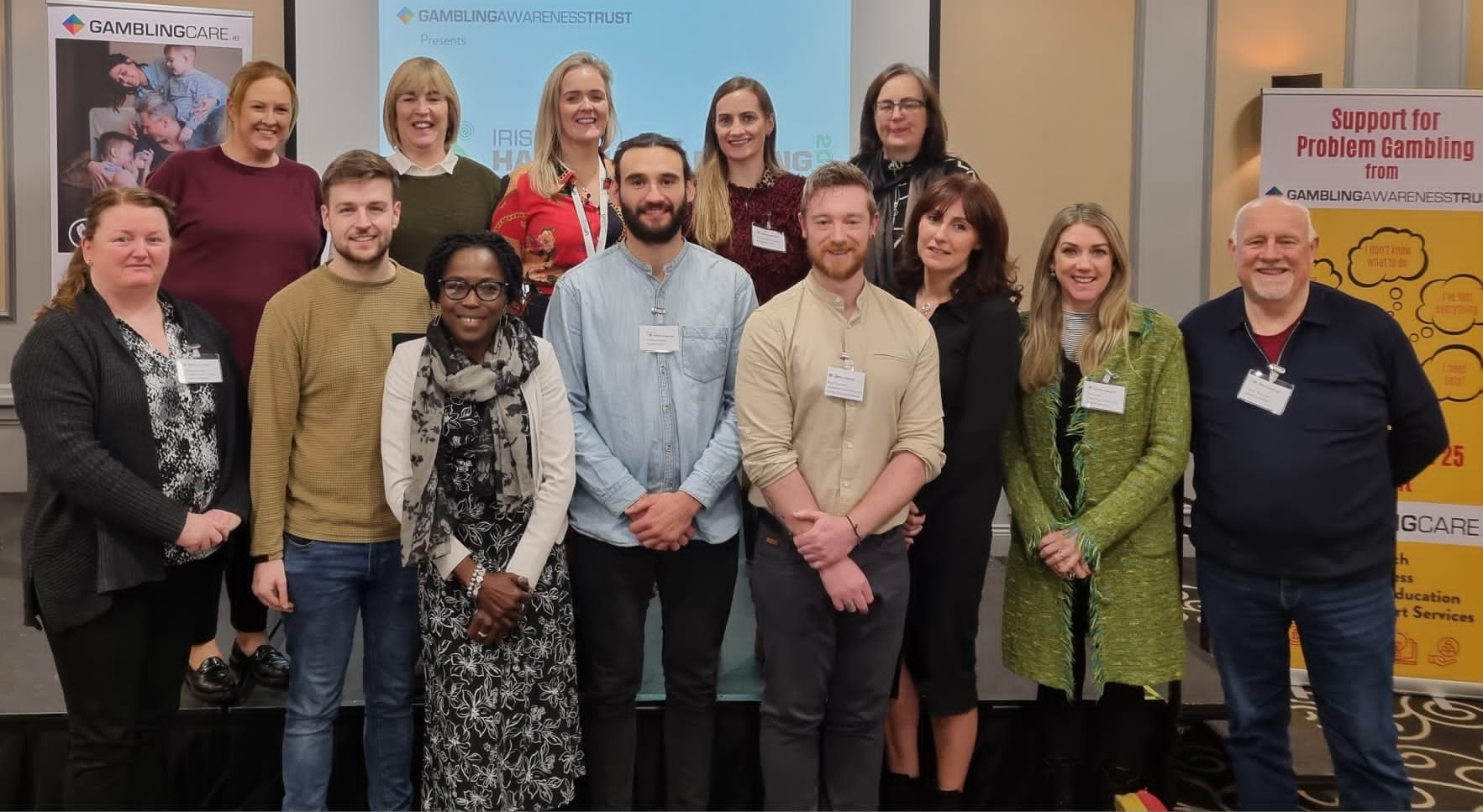
“To be going through that alone and be afraid to talk about that with your family … it might be easier to admit you have a drink or drug problem but with gambling, you might have to tell your family that the house is in trouble, mortgage funds or life savings gone.
“That is what it makes it so hard to speak out so that is why a community approach is so important to tackle this.”
In terms of funding, the Gambling Awareness Trust through the National Family Resource Centre Forum, provide funding to a number of Family Resource Centres (FRC) around the country.
Portlaoise FRC applied for the funding because they identified the need for it.
Joan said: “The pilot concludes this year but we are hoping that funding can be maintained.
“It was very innovative by the Gambling Awareness Trust to place these supports within Family Resource Centres.
“When we started, it was slow at first to take of, but it grew. We would like to provide the service five days per week.
“We would love for Sean to have more time to go out to schools too as well as seeing clients so we would hope that full time funding would be provided after the pilot stage.
“Prevention is always easier than cure. That is the bottom line.”
If you or someone you know has been affected by problem gambling in any way, please feel free to reach to the support group on 087 348 8062 or at gamblingawareness@portlaoisefrc.ie.




